50+ Sample Budget Plans
-
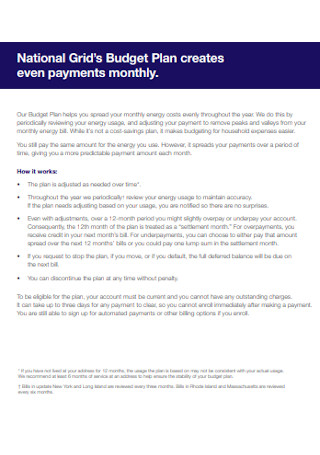
Budget Payment Plan Template
download now -
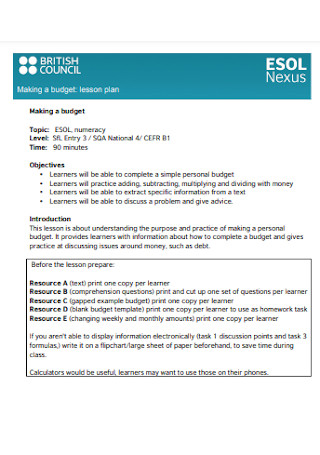
Budget Lesson Plan Template
download now -

Build Budget Plan Template
download now -
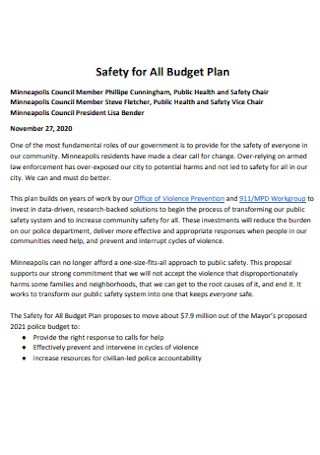
Safety for All Budget Plan
download now -
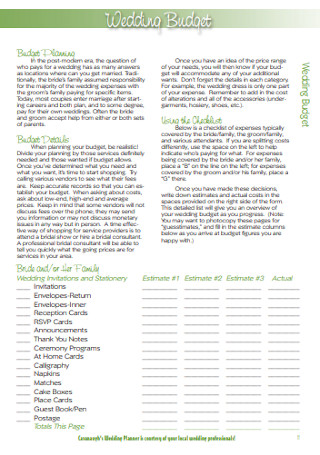
Wedding Plan Budget
download now -
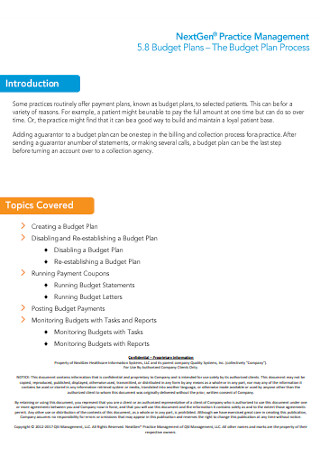
Budget Management Plan Template
download now -
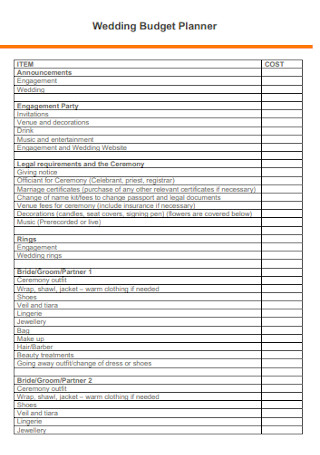
Wedding Budget Planner Example
download now -
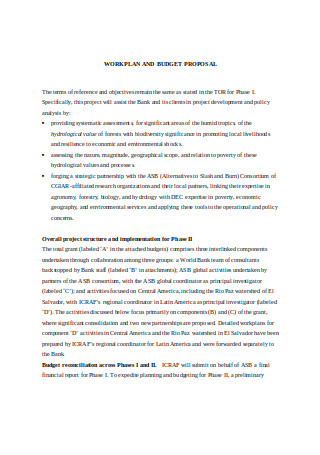
Work Plan and Budget Plan
download now -

Budget Work Plan Template
download now -
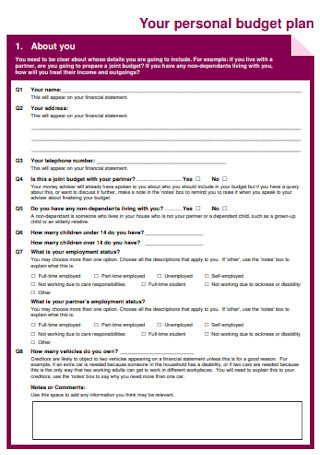
Personal Budget Plan Template
download now -
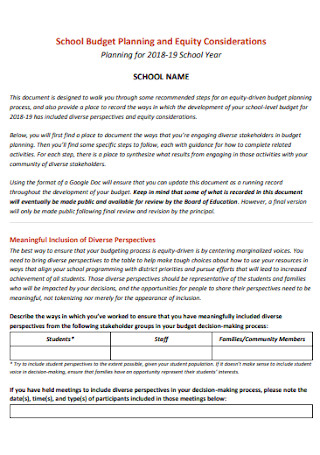
School Budget Plan Template
download now -
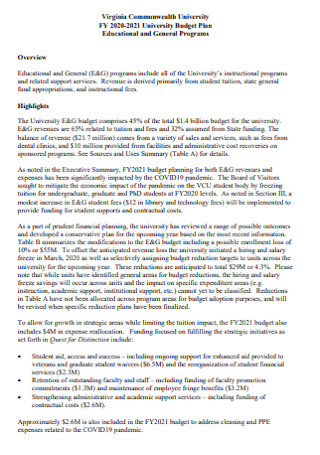
University Budget Plan
download now -
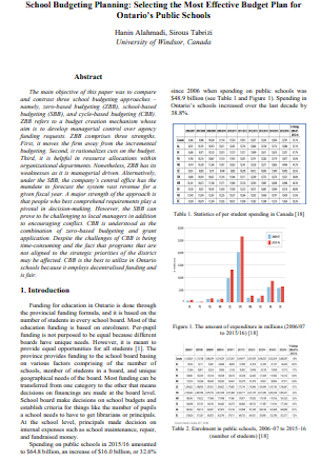
School Planning Budget Template
download now -
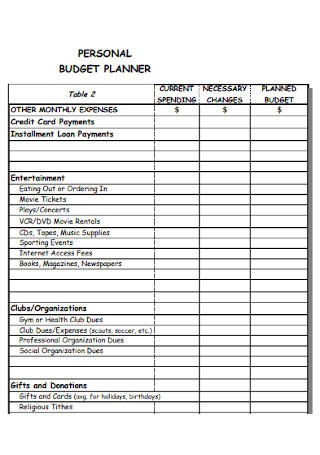
Personal Budget Plan Template
download now -
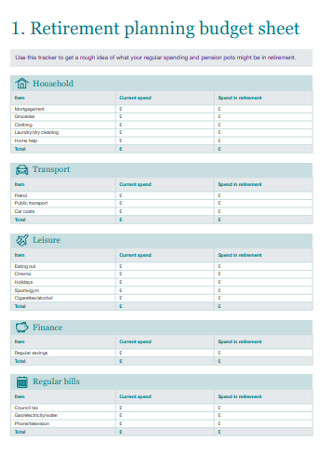
Retirement Planning Budget Sheet
download now -
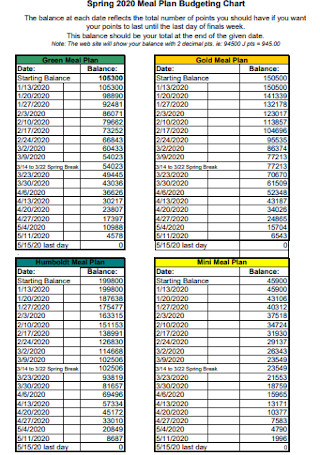
Meal Plan Budget Sheet
download now -
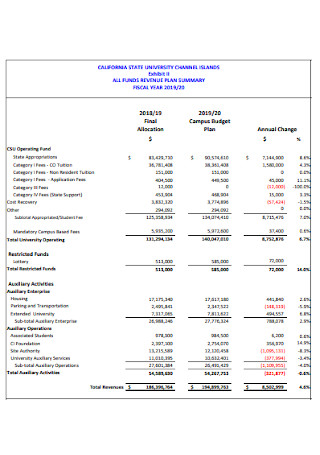
Campus Budget Plan Template
download now -
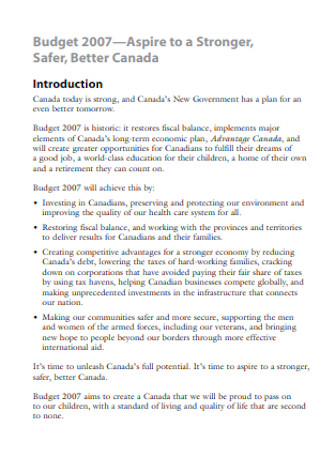
House Budget Plan Template
download now -
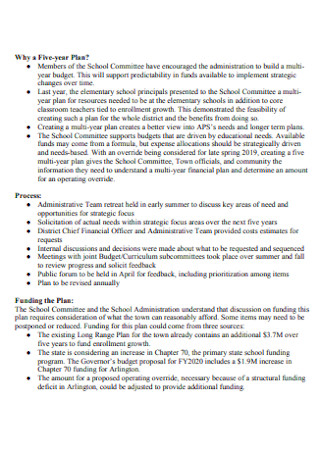
Fice Year Budget Plan Template
download now[/ns_li -
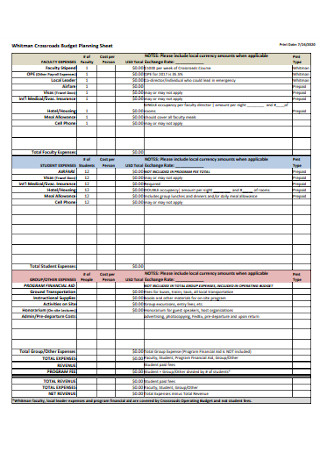
Crossroads Budget Plan Template
download now -
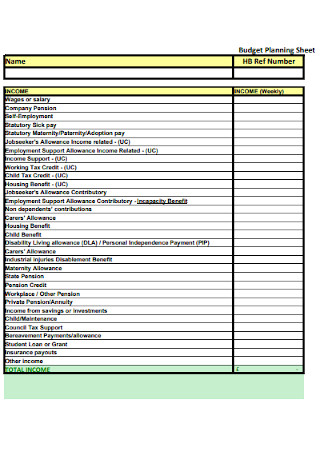
Budget Planning Sheet
download now -
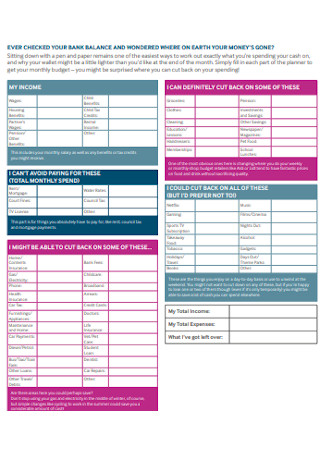
Monthly Budget Plan Template
download now -
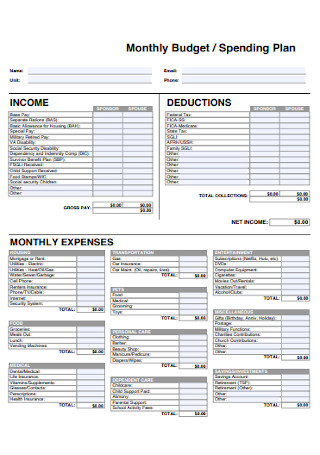
Monthly Spending Plan Budget
download now -
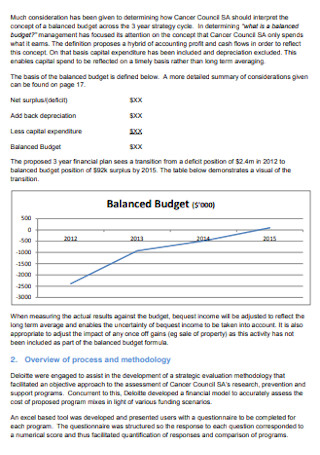
Sample Financial Budget Plan Template
download now -
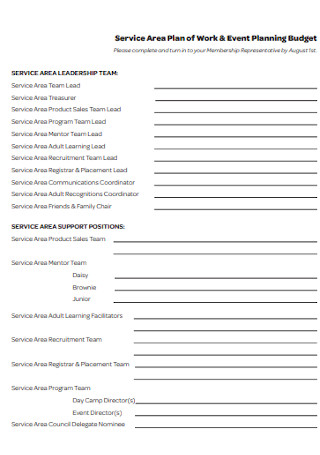
Event Work Budget Plan Template
download now -
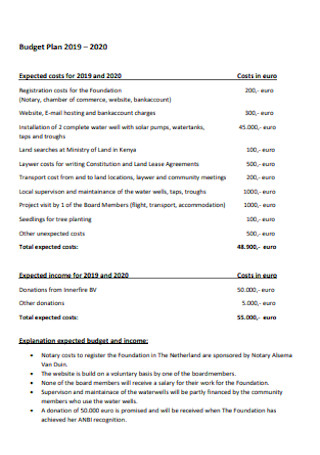
Basic Budget Plan Template
download now -
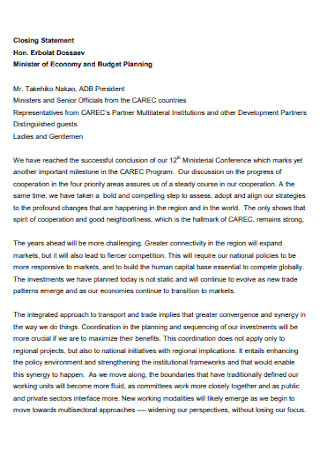
Budget Plan Closing Statement Template
download now -
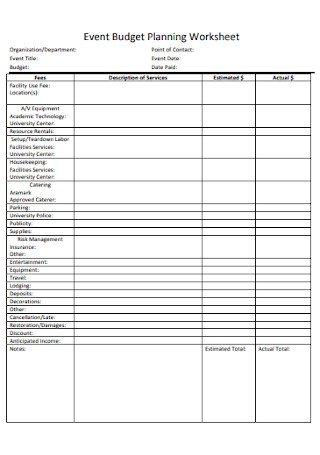
Budget Planning Worksheet
download now -
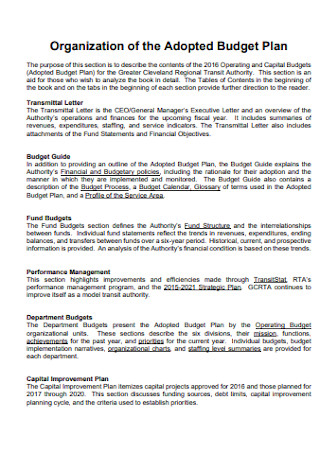
Organization of the Adopted Budget Plan
download now -
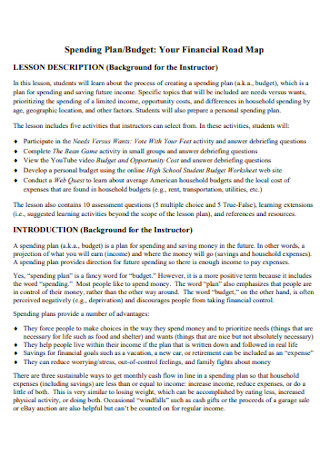
Financial Budget Plan Template
download now -
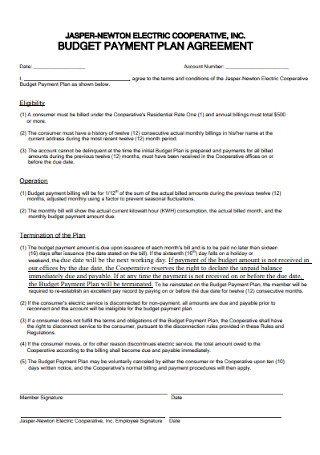
Budget Payment Plan Template
download now -
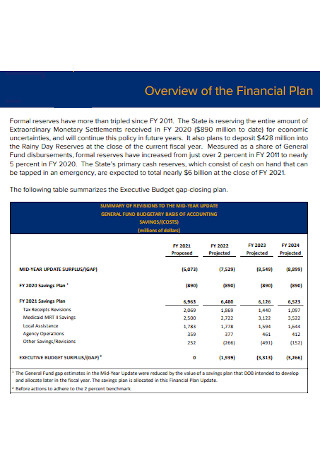
Executive Budget Financial Plan
download now -
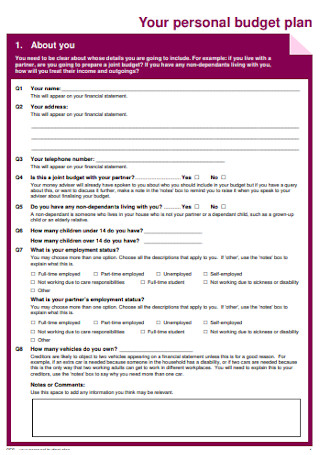
Personal Budget Plan Template
download now -
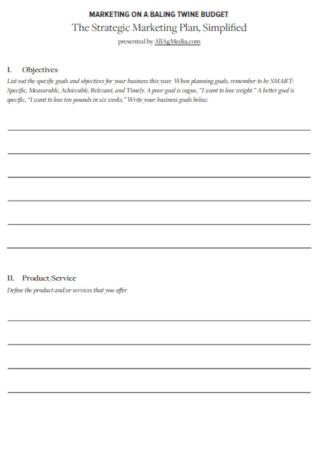
Marketing Budget Plan Template
download now -
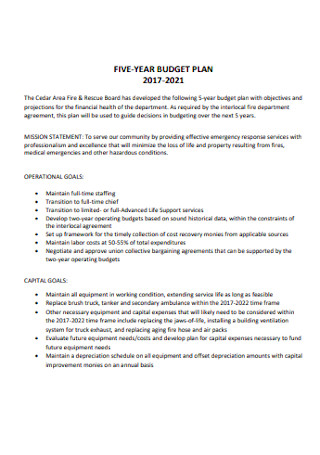
Five Year Budget Plan Template
download now -
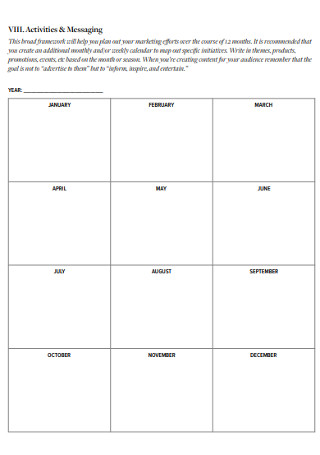
Annual Marketing Budget Plan
download now -
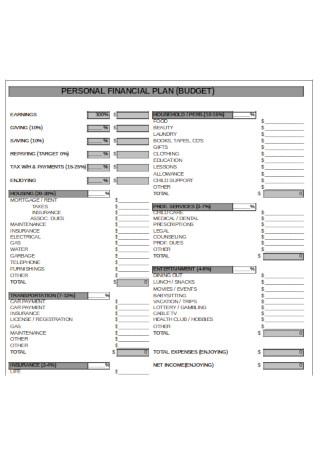
Personal Financial Budget Plan
download now -
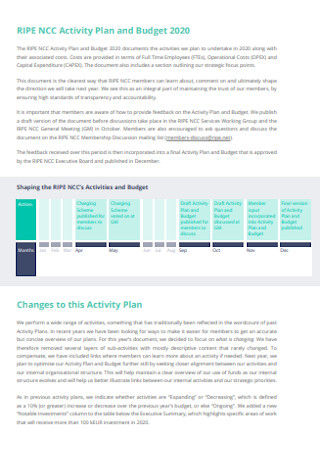
Activity Plan and Budget Template
download now -
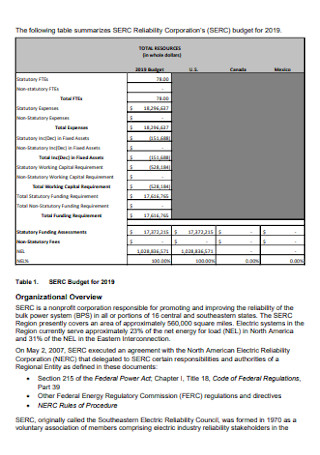
Business Plan and Budget
download now -
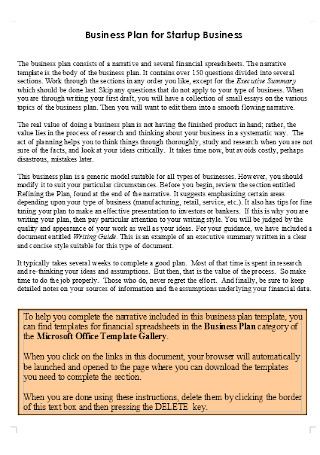
Startup Business Budget Plan
download now - “]
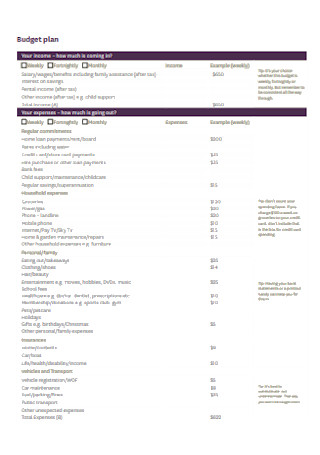
Formal Budget Plan Template
download now -
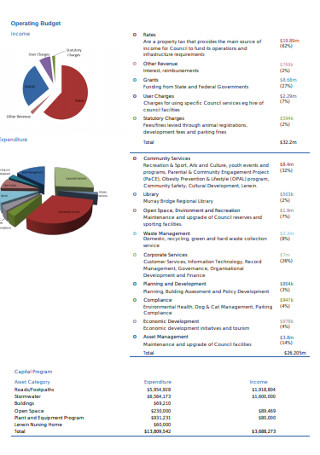
Annual Business Budget Plan
download now -
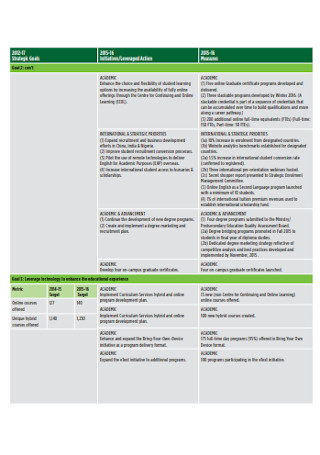
Budget Action Plan Template
download now -
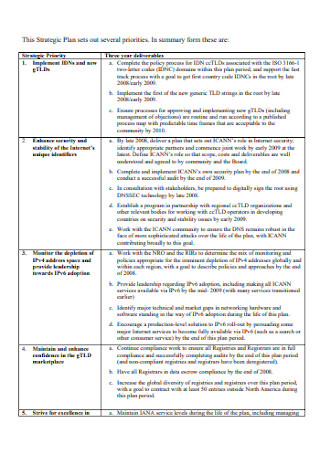
Budget Initial Operating Plan
download now -

Sample Budget Marketing Plan
download now -
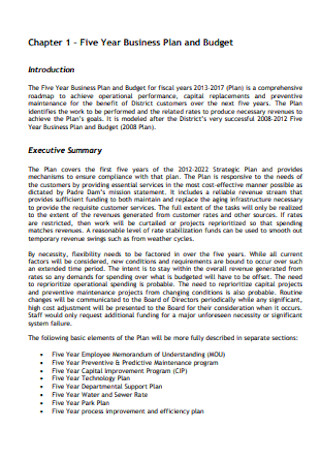
Five Year Business Budget Plan
download now -
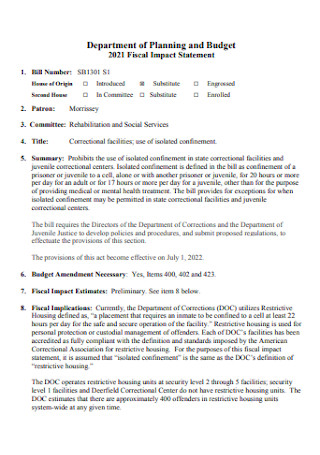
Department of Planning and Budget
download now -
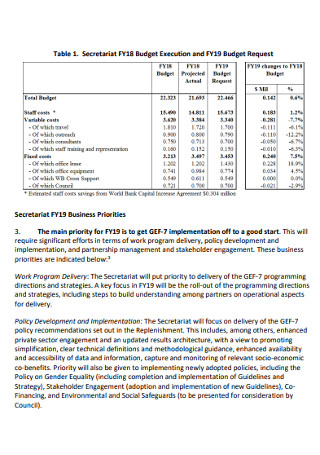
Corporate Budget Plan Template
download now -
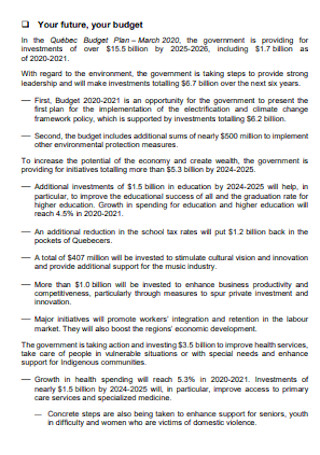
Standard Budget Plan Template
download now
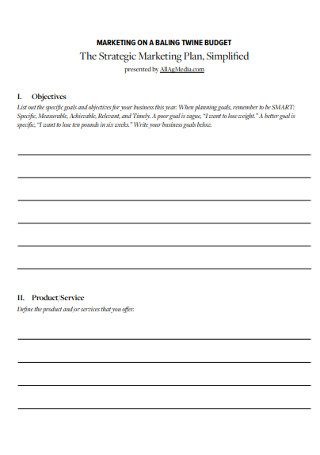
Monthly Budget Marketing Plan
download now]
What Are Budget Plans?
A budget plan is a detailed financial statement that summarizes your expenses, income, and other finances in a certain period. More so, the plan helps you estimate, compare, and track your daily, weekly, monthly, or annual expenses. Hence, this is your official document worth using when you need to spend your money for whatever purpose wisely.
Senator Elizabeth Warren’s book explained the popular 50-30-20 budget rule wherein you spend 50% for your needs, 30% for your wants, and 20% for savings.
Principal Financial Tip: The 50-30-20 Budget Rule
According to Investopedia, Elizabeth Warren’s known 50-30-20 budget rule is one of the most effective budgeting tips. But what exactly are they? Learn about the principal financial tip further in this section.
How to Create a Smart Budget Plan
You already know what the budget plan and the 50-30-20 rule are. But it is important to apply your knowledge in realtime by finally learning how to make the budget plan itself. In fact, budget planning is achievable when you follow these easy steps:
Step 1: Analyze Your Budgeting Goals
Every person has his or her budgeting goal. Hence, a budget plan is not one-dimensional. And the key is to conduct a financial analysis first to determine your specific needs and goals in financing. Maybe you are budgeting for an event, business proposal, marketing plan, or just a personal financial plan. Focus on your goals so you’ll know how to form your budget plan.
Step 2: List All Your Financial Statements
You would need access to your income and expense statements to know what information is needed to present in the budget plan. You will eventually calculate your income and list all your expenses. And what expenses to cover depends if you are planning a daily, weekly, monthly, or yearly budget plan.
Step 3: Divide Your Expense List into Two
Expenses are usually divided into two. The first one refers to the historical expenses, meaning you indicate how much money was already spent or used. Meanwhile, the second category refers to your estimated expenses, meaning you write down your estimates for specific expenses that did not happen yet. And make sure to use the right solutions in calculating all your expenses.
Step 4: Use an Easy-to-Follow Approach
Just like any expense sheet, you shouldn’t make your budget plan too complex to understand. Otherwise, you might have a hard time depending on that plan as your reference. Be sure you understand the words, statements, calculations, and labels in the document. And finalize if you want the plan to be printed or shared through soft copy. Go for the most convenient option for you and stick to your plan.
FAQs
Why should you consider a budget plan?
A budget plan is extremely important so you will have enough money left to spend on your essentials. You won’t need to lose track of your daily expenses anymore. With a budget plan at hand, you can avoid countless debts or worse, bankruptcy.
What are other tips to implement a smart budget plan?
One example to maintain a smart budget plan is by setting realistic estimations. Maybe you overestimated the generated expenditures instead of really considering the reality. Also, you should know how to adjust to any profit or loss instead of sticking to an inflexible plan. Another tip is by monitoring consistently. You won’t be able to tell if you saved a lot of money or not without regular monitoring anyway.
What is a monthly budget?
A monthly budget is your ultimate financial management tool when you consider budget planning for a certain month. Hence, you can record all expenses spent or saved every month.
Life is short and you deserve to enjoy spending for what makes you happy. But spending excessively could make your life shorter when you almost have nothing left to survive. Thankfully, preparing a budget plan can make a huge difference. Always manage your finances carefully so you won’t have to suffer from every encountered expense in life.
